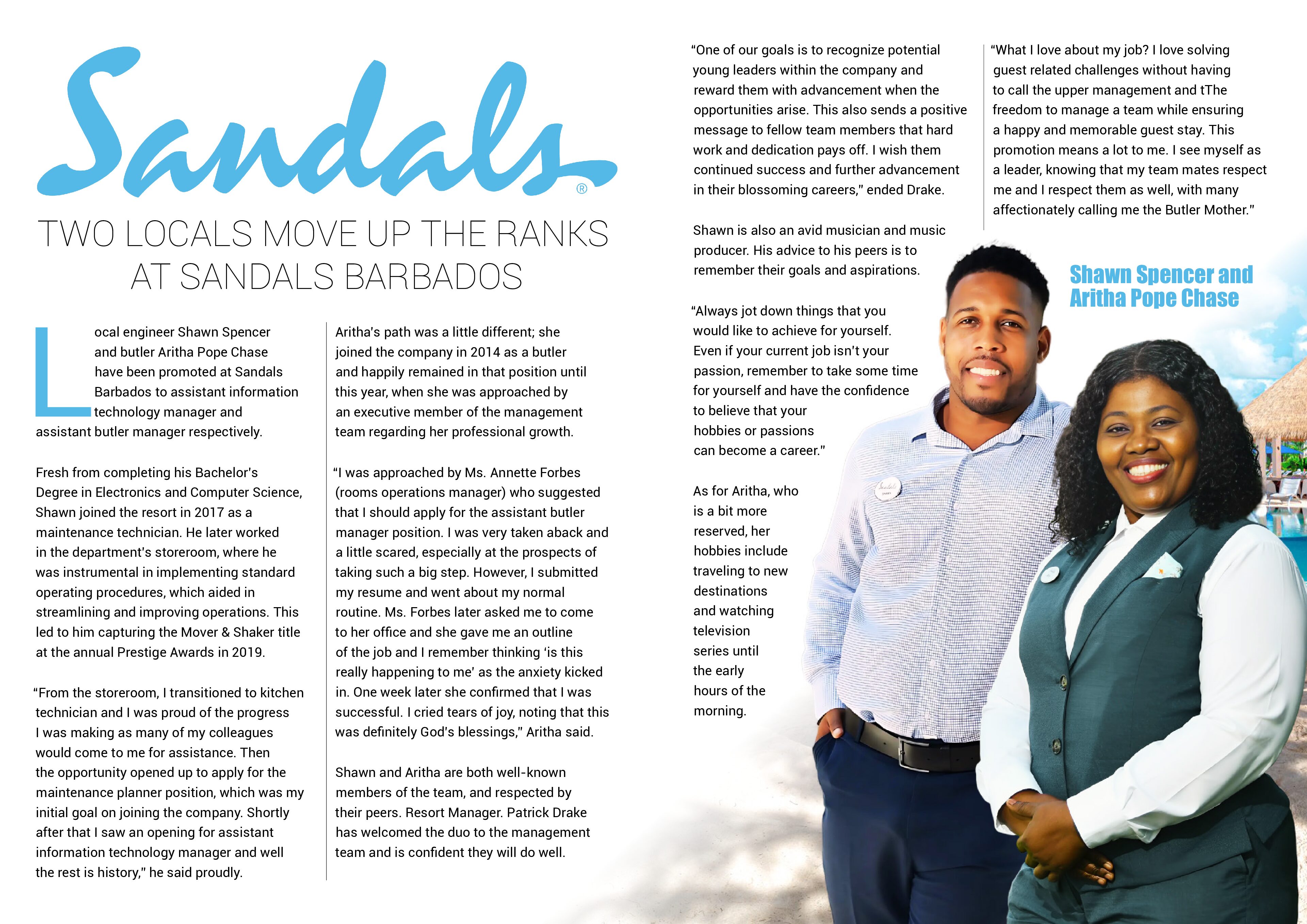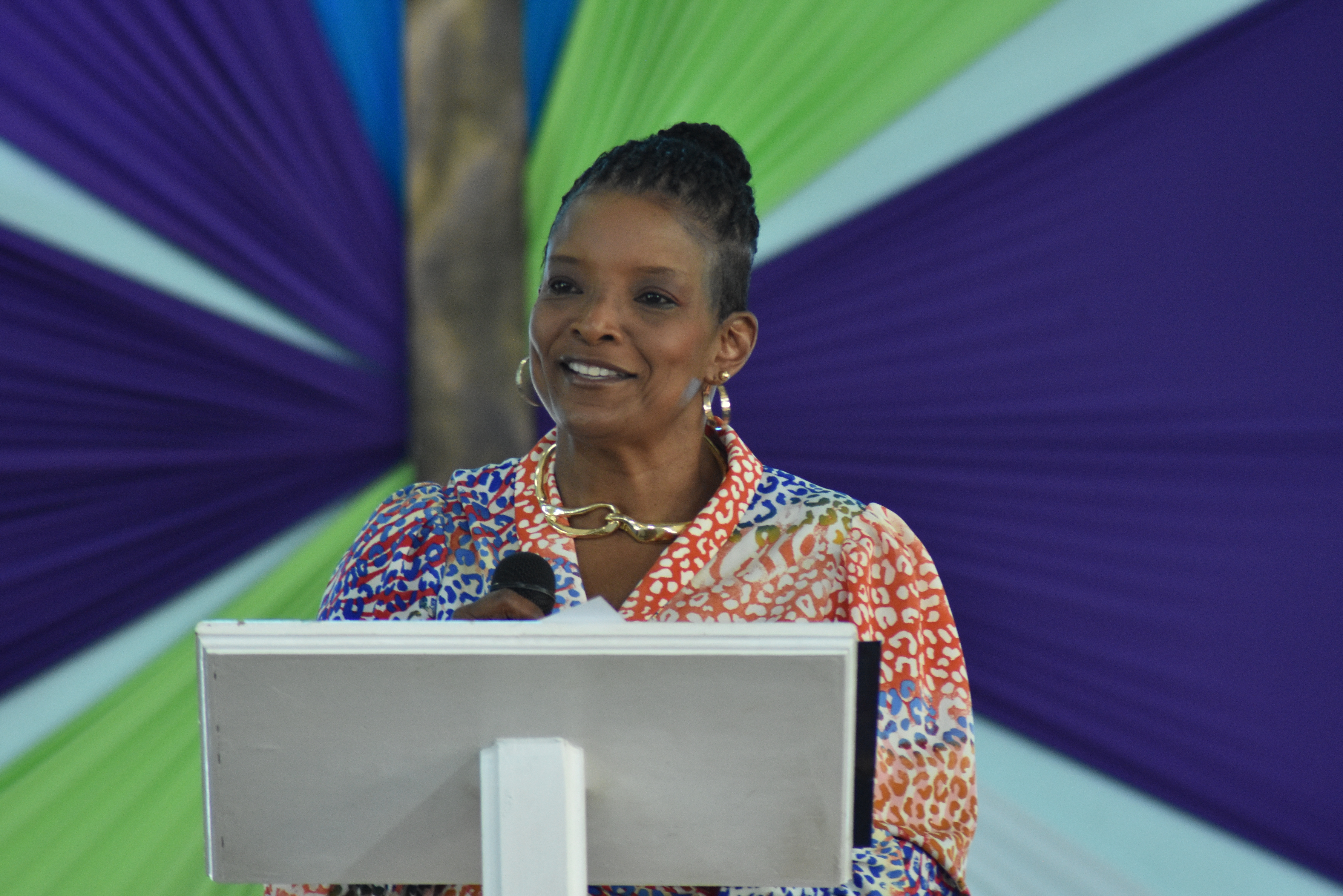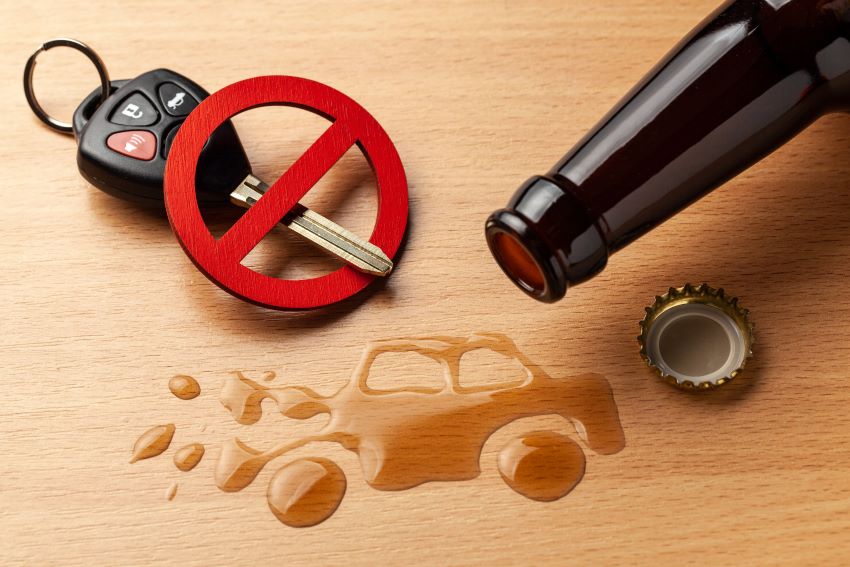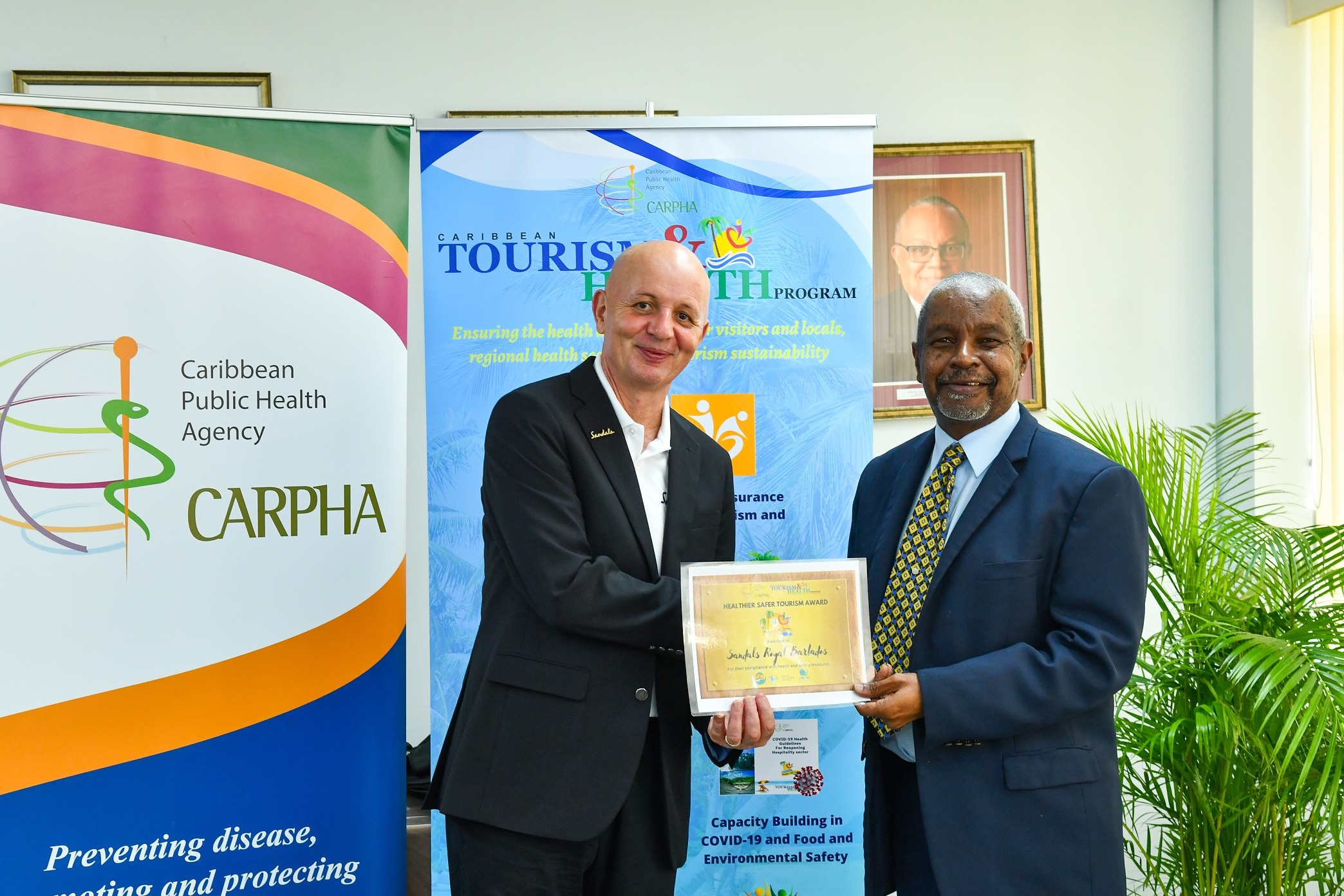“The addiction of drugs has become one of the most serious social problems, threatening to erode the gains of our economy and burdening our public health and criminal justice systems.” This is according to Mrs. Betty Hunte Manager of The National Council on Substance Abuse (NCSA).
Her comments as she addressed the congregation at Silver Sands Church of God on Sunday January 12th, 2025, during a Joint church service with Substance Abuse Foundation as they observe Drug Awareness Month 2025.
Speaking to the congregation, Mrs. Hunte described addiction as a profound societal challenge, one that extends far beyond the individual to affect families, workplaces, and communities. She emphasized the importance of understanding addiction not merely as a personal failing but as a societal issue that demands empathy, action, and systemic solutions.
Drawing inspiration from the biblical parable of the prodigal son, she called attention to the power of forgiveness and reintegration. “Like the prodigal son, many individuals battling addiction find themselves at a crossroads, seeking redemption and a place to call home,” she said. “We must ensure that our communities, including our churches, are spaces of support and restoration.”
In a passionate appeal, she urged the adoption of a Barbados National Anti-Drug Plan to coordinate efforts across the criminal justice system, public health, and social welfare. “This plan would allow us to measure impact, intervene effectively, and reintegrate individuals into society,” she explained.
She also highlighted the changing face of addiction, challenging traditional stereotypes. “Addiction is no longer confined to those we see on the streets. It could be someone sitting next to you in church, silently struggling,” she said. “We must address this issue with compassion and proactive measures, creating environments where people feel supported rather than judged.”
Mrs. Hunte called on families to engage in open, stigma-free conversations, workplaces to prioritize outreach and worker health, educators to partner with the NCSA in fostering awareness among students, faith leaders to offer hope, forgiveness, and guidance and media professionals to deliver balanced, factual reporting on drug-related issues.
“This isn’t just about individual choices,” she said. “It’s about societal responsibility. Recovery is possible, and we must all play our part in spreading awareness, extending empathy, and advocating for policies that prioritize health and education over punishment.”
She encouraged those present to reach out and help those in need, “If your friend, neighbour, or family member has a drug problem, go to their aid. Join with others—clubs, service groups, community organizations—and provide the support and strength they need. We all have a role to play in this fight, she said. (PR)

 Sports2 weeks ago
Sports2 weeks ago
 Government3 weeks ago
Government3 weeks ago
 Business2 weeks ago
Business2 weeks ago
 Features4 weeks ago
Features4 weeks ago
 Government3 weeks ago
Government3 weeks ago
 Sports4 days ago
Sports4 days ago
 Business3 weeks ago
Business3 weeks ago
 Education4 weeks ago
Education4 weeks ago































